Visakhapatnam Gas Leak: LG Polymers Operated Since 1997 Without Environmental Clearance, State Authorities Ignored
Dhir Acharya - May 14, 2020
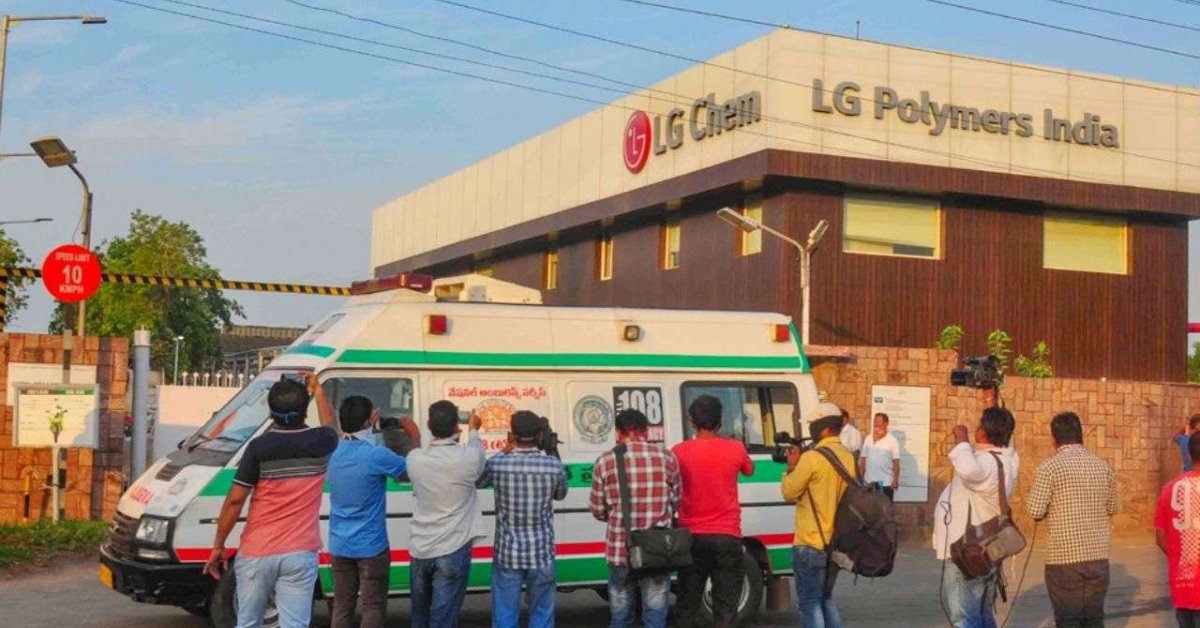
Visakhapatnam Gas Leak: It appears that LG Polymers have never obtained a proper clearance or permit as required. The firm denies it, the state ignores it.
- Top Best 4K TV 2021 For The Best Viewing Experience
- LG Considers Stop Making Smartphones Amid Tremendous Loss Of $4.5 Billion
- LG Will Launch The World's First Rollable Smartphone In 2021
Last week, the entire country was left in horror when the massive Visakhapatnam Gas Leak happened at LG Polymers, a Korean plastic factory, killing 12 people and causing hundreds more sick. Now, though the company is found to lack federal government clearance, it has got state permits to operate. This indicates a potentially dangerous gap in enforcing the country’s law.
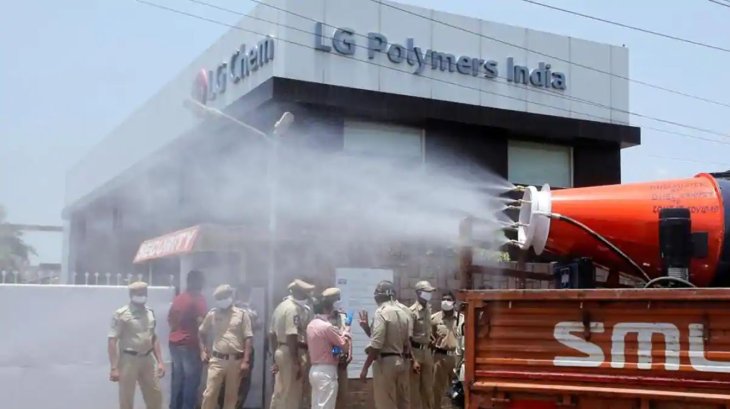
According to an affidavit in May 2019 by LG Chem, the owner of LG Polymers factory in Andhra Pradesh, which formed part of the clearance application, the firm does not have a valid environmental clearance from the competent authority that substantiates its produced quantity to continue operations.
Choi Sang-kyu, LG Chem spokesman, said that the firm had followed the country’s law and had operated the factory based on officials’ guidance at the federal and state level. Had added that affidavit was their promise to be compliant with Indian law in the future rather than an admission of violations.
From interviews with legal experts and officials, LG Polymers was operating in a legal grey area, meaning it had to have environmental clearance as required in the federal regulations but states made the decision in enforcing those requirements.
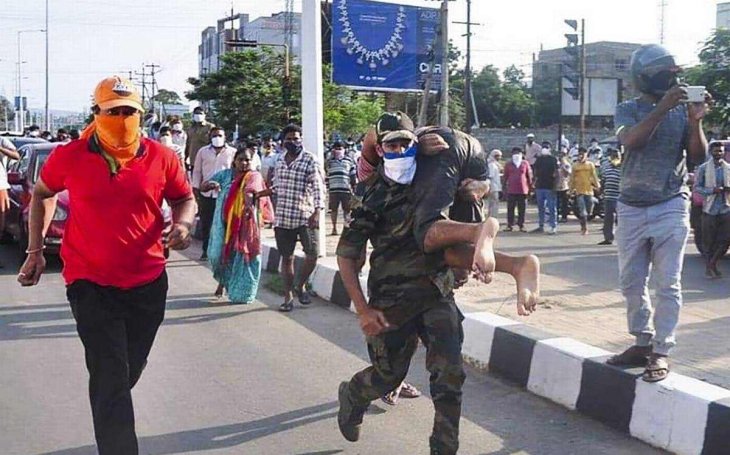
It’s not official that the lack of an environmental clearance was related to the gas leak disaster, but experts say that the plan operating for years despite the clearance indicates the insufficiency of environmental laws in a country that has some of the most polluted cities in the world.
LG Polymers is facing several charges after the May 7 disaster that not only killed people but also put over 1,000 in hospitals.
LG Polymers has already been charged with culpable homicide, which includes negligence in handling toxic substances. The company was also asked to pay $6.6 million of penalty by the court for causing damage to the environment, public health, and life.
Besides, the court is considering a plea that questions how state authorities approved of the company functioning despite the lack of federal clearance.
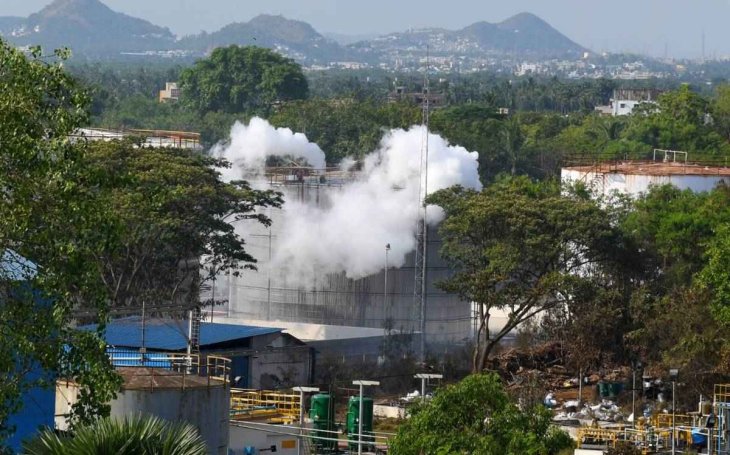
Choi said that the company would cooperate with authorities during the investigation. The plant has operated since 1997 with only state permits, obviously.
Now, here’s another thing to consider, the new federal rules require firms in industries including petrochemicals to get a federal environmental clearance each time they expand a pant or change their manufactured products. From 2006 to 2018, LG Chem expanded LG Polymers’ operation 5 times but never obtain environmental clearance, according to the affidavit mentioned above.
Choi said in 2006, the firm had already consulted the ministry when the rules were changed, being told that no environmental clearance was required. However, CK Mishtra, Environment Secretary, said that the company didn’t need a clearance in 2006 but had to follow the new rules after that time.
It appears that LG Polymers hadn’t been asked for the clearance until 2017 when the company approached the Pollution Control Board of Andhra Pradesh to present plans of manufacturing engineering plastics at its factory. However, the request was denied due to the lack of a federal clearance. On the other hand, it seemed that the state didn’t tell the firm to stop the plant operation.
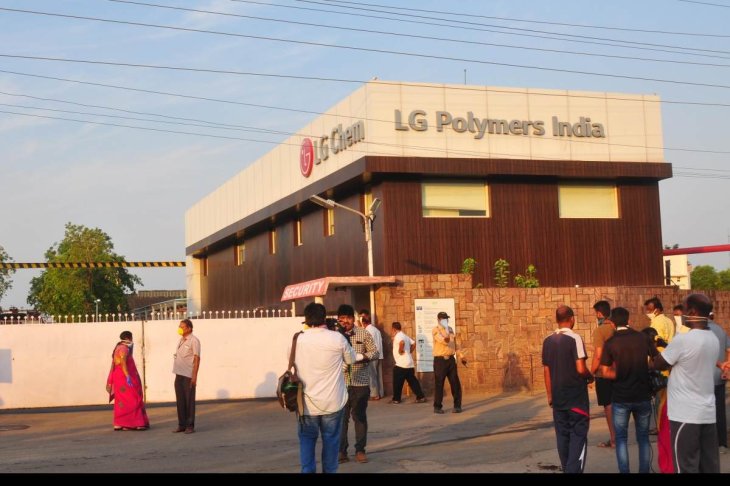
Documents show that LG Polymers applied for its first environmental clearance in 2018 when it wanted to increase its polystyrene manufacturing capacity. The application was flagged for review as the firm didn’t even have a clearance for the chemicals it was manufacturing at the time.
Then LG Polymers withdrew the application and applied for a retroactive clearance, which the Environment Ministry offered firms in 2018 as a one-time thing. The application, however, was still pending at the time the massive leak happened.
According to Choi, the company applied for the EC in compliance with the central government policies. He added that whenever the firm expanded the factory, it was approved by the state.
In India, state authorities issue 2 permits, the first of which is for launching a new business while the second one is for running it. Both the permits are required in all industries that were potential polluters to the water or air. Besides, the operational permits need renewing every five years.
An environmental lawyer said that each time LG Polymers renewed its permit, the pollution board could have denied or fined the company. But it never did. In response to questions about this matter, second-in-command Vivek Yadav of the state board said they were examining the issue.
>>> Massive Gas Leak Disaster In Visakhapatnam: 8 Dead, Hundreds Admitted To Hospitals
Featured Stories

Features - Jan 29, 2026
Permanently Deleting Your Instagram Account: A Complete Step-by-Step Tutorial

Features - Jul 01, 2025
What Are The Fastest Passenger Vehicles Ever Created?

Features - Jun 25, 2025
Japan Hydrogen Breakthrough: Scientists Crack the Clean Energy Code with...

ICT News - Jun 25, 2025
AI Intimidation Tactics: CEOs Turn Flawed Technology Into Employee Fear Machine

Review - Jun 25, 2025
Windows 11 Problems: Is Microsoft's "Best" OS Actually Getting Worse?

Features - Jun 22, 2025
Telegram Founder Pavel Durov Plans to Split $14 Billion Fortune Among 106 Children

ICT News - Jun 22, 2025
Neuralink Telepathy Chip Enables Quadriplegic Rob Greiner to Control Games with...

Features - Jun 21, 2025
This Over $100 Bottle Has Nothing But Fresh Air Inside

Features - Jun 18, 2025
Best Mobile VPN Apps for Gaming 2025: Complete Guide

Features - Jun 18, 2025
A Math Formula Tells Us How Long Everything Will Live
Read more

Mobile- Feb 16, 2026
Xiaomi Launches Affordable Tracker to Compete with Apple's AirTag
For users tired of ecosystem lock-in or high prices, the Xiaomi Tag represents a compelling, no-frills option that delivers core functionality at a fraction of the cost.

Mobile- Feb 17, 2026
Anticipating the Samsung Galaxy S26 and S26+: Key Rumors and Specs
The Samsung Galaxy S26 series is on the horizon, sparking excitement among tech enthusiasts.

ICT News- Feb 18, 2026
Google's Project Toscana: Elevating Pixel Face Unlock to Rival Apple's Face ID
As the smartphone landscape evolves, Google's push toward superior face unlock technology underscores its ambition to close the gap with Apple in user security and convenience.
Comments
Sort by Newest | Popular